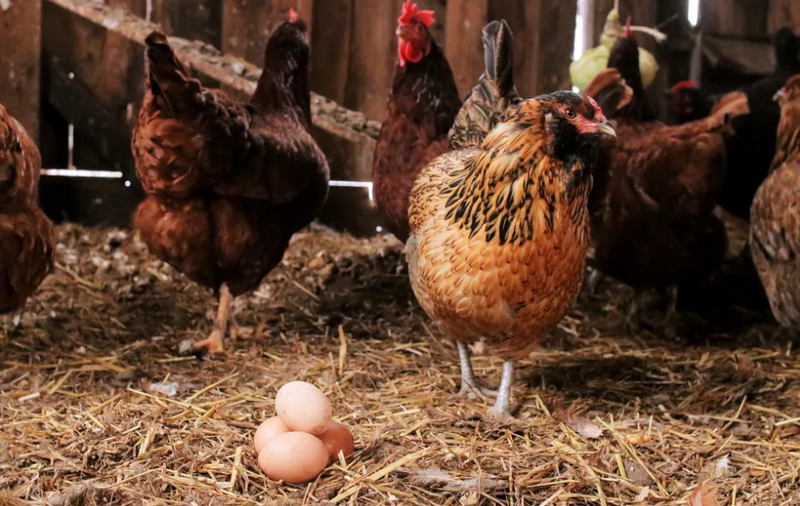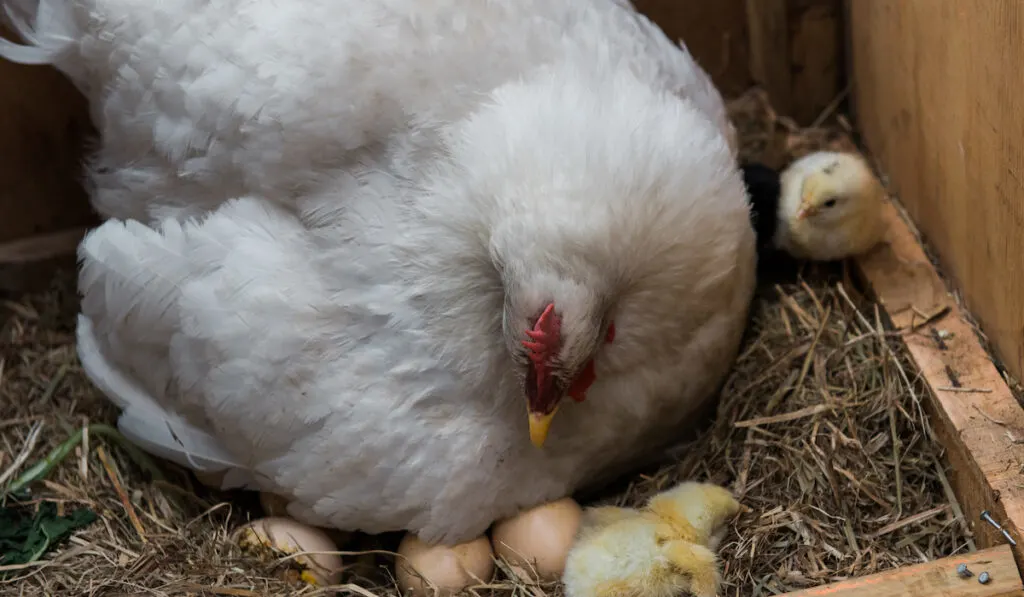Let’s get straight to the point—do hens lay eggs without a rooster? The short answer is yes, they absolutely do. But hold up, there’s way more to this story than just a simple yes or no. Whether you’re a backyard chicken enthusiast, a curious newbie, or someone who just wants to know the facts, this guide is here to break it all down for you. So grab your favorite snack, because we’re diving deep into the world of hens, eggs, and roosters.
Now, picture this: You’ve got a flock of hens in your backyard, and they’re happily clucking around, doing their thing. But wait, there’s no rooster in sight. Does that mean no eggs? Nope, not at all. Hens can lay eggs without a rooster, but there’s a catch. We’ll get to that later, but for now, let’s just say it’s all about biology, hormones, and some pretty fascinating science.
Before we dive into the nitty-gritty, let’s clear the air. This isn’t just a random question; it’s actually a topic that gets asked a lot, especially by people who are new to raising chickens. If you’re here, chances are you’re either curious or looking for some solid info. Well, you’ve come to the right place. Let’s get started.
Understanding the Basics of Egg Production
First things first, let’s talk about how hens produce eggs. It’s not rocket science, but it’s definitely a cool process. Female chickens, or hens, have ovaries, just like humans. These ovaries release eggs on a regular cycle, and voilà, you’ve got an egg. But here’s the kicker: the presence of a rooster doesn’t affect whether or not a hen lays eggs. It only affects whether those eggs are fertilized.
How Often Do Hens Lay Eggs?
Now, if you’re thinking, “How often do hens actually lay eggs?” well, that depends on a few factors. On average, a healthy hen can lay an egg every 24 to 26 hours. But here’s the thing—it’s not always that simple. Factors like age, breed, diet, and even the time of year can influence how often a hen lays eggs.
- Younger hens tend to lay more frequently than older ones.
- Some breeds are known for being super egg machines, while others are more laid-back about it.
- During the winter months, egg production might slow down due to shorter daylight hours.
Do Hens Need a Rooster to Lay Eggs?
Alright, let’s tackle the big question: do hens need a rooster to lay eggs? The answer is a big fat NO. Hens will happily lay eggs without a rooster around. In fact, most backyard chicken keepers don’t even have a rooster in their flock. Why? Because roosters can be a bit… well, let’s just say they have a reputation for being bossy and sometimes aggressive. Plus, if you’re just looking for eggs to eat, you don’t need a rooster at all.
What’s the Role of a Rooster?
So, if hens don’t need roosters to lay eggs, what exactly do roosters do? Well, their main job is to fertilize eggs. If you want baby chicks, you’ll need a rooster to mate with the hens. But if you’re just looking for eggs to eat, you’re good to go without one. Plus, roosters also act as protectors for the flock, keeping an eye out for predators and sounding the alarm if danger is near.
Can Eggs Be Fertilized Without a Rooster?
Here’s where things get interesting. If you’ve ever wondered whether eggs can be fertilized without a rooster, the answer is a solid no. For an egg to be fertilized, a rooster needs to mate with a hen. The rooster’s sperm fertilizes the egg as it’s being formed inside the hen. Without a rooster, the egg will remain unfertilized, which means it won’t develop into a chick.
How to Tell if an Egg is Fertilized
So, how can you tell if an egg is fertilized? There are a few ways to check:
- Look for a small white dot on the yolk. This is called the germinal disc, and it’s where the chick would develop if the egg were fertilized.
- Use a technique called candling, where you shine a bright light through the eggshell to see if there are any signs of embryo development.
Keep in mind that most store-bought eggs are unfertilized, so unless you’re buying from a farm with roosters, you’re probably safe to eat them without worrying about baby chicks.
Benefits of Keeping Hens Without a Rooster
If you’re on the fence about whether to keep a rooster or not, here are a few reasons why you might want to skip it:
1. Fewer Behavioral Issues
Roosters can be territorial and aggressive, which can lead to problems in the flock. By keeping only hens, you avoid potential conflicts and create a more peaceful environment.
2. No Risk of Unexpected Chicks
If you’re not planning to raise baby chicks, keeping a rooster around can lead to unexpected surprises. Without a rooster, you can rest assured that your eggs will remain unfertilized.
3. Quieter Flock
Let’s be real—roosters are loud. They crow early in the morning, and sometimes they just won’t shut up. If you live in an urban or suburban area, your neighbors might not appreciate the noise. Keeping only hens means a quieter flock and happier neighbors.
Challenges of Keeping Hens Without a Rooster
Of course, there are a few challenges to consider when keeping hens without a rooster:
1. Protection
Without a rooster, your hens might be more vulnerable to predators. You’ll need to take extra precautions to keep them safe, like securing their coop and providing plenty of hiding spots.
2. Social Dynamics
Hens can establish their own pecking order, but sometimes it can get a little intense. Without a rooster to mediate, you might need to step in to keep things under control.
Common Myths About Hen Egg Production
There are a lot of myths floating around about how hens produce eggs. Let’s bust a few of them:
Myth 1: Hens Need a Rooster to Lay Eggs
We’ve already covered this one, but it bears repeating. Hens do not need a rooster to lay eggs. They’ll lay them just fine on their own.
Myth 2: All Eggs Can Turn Into Chicks
Another common misconception is that any egg can turn into a chick. Not true! Only fertilized eggs have the potential to develop into baby chicks.
Myth 3: Hens Stop Laying Eggs as They Age
While it’s true that older hens might lay fewer eggs, they don’t stop completely. Many hens will continue to lay eggs well into their senior years, albeit at a slower pace.
Tips for Maximizing Egg Production
If you’re looking to get the most eggs out of your hens, here are a few tips:
1. Provide a Balanced Diet
Make sure your hens have access to a high-quality diet that includes plenty of protein, calcium, and other essential nutrients. This will help them produce strong, healthy eggs.
2. Ensure Proper Lighting
Hens need about 14 to 16 hours of light per day to lay eggs consistently. If you live in an area with short winter days, consider adding artificial lighting to their coop.
3. Keep the Coop Clean
A clean coop is a happy coop. Regularly cleaning out your hens’ living space will help prevent disease and keep them healthy and productive.
Conclusion: Do Hens Produce Eggs Without a Rooster?
So, there you have it. Hens absolutely can and do produce eggs without a rooster. Whether you’re raising chickens for eggs, meat, or just for fun, understanding the ins and outs of egg production is key to success. By providing your hens with a healthy diet, proper lighting, and a clean environment, you can maximize their egg-laying potential and enjoy fresh eggs all year round.
Now it’s your turn. Have you ever raised chickens without a rooster? What was your experience like? Share your thoughts in the comments below, and don’t forget to check out our other articles for more tips and tricks on all things chicken-related. Happy clucking!
Table of Contents


